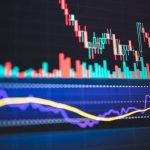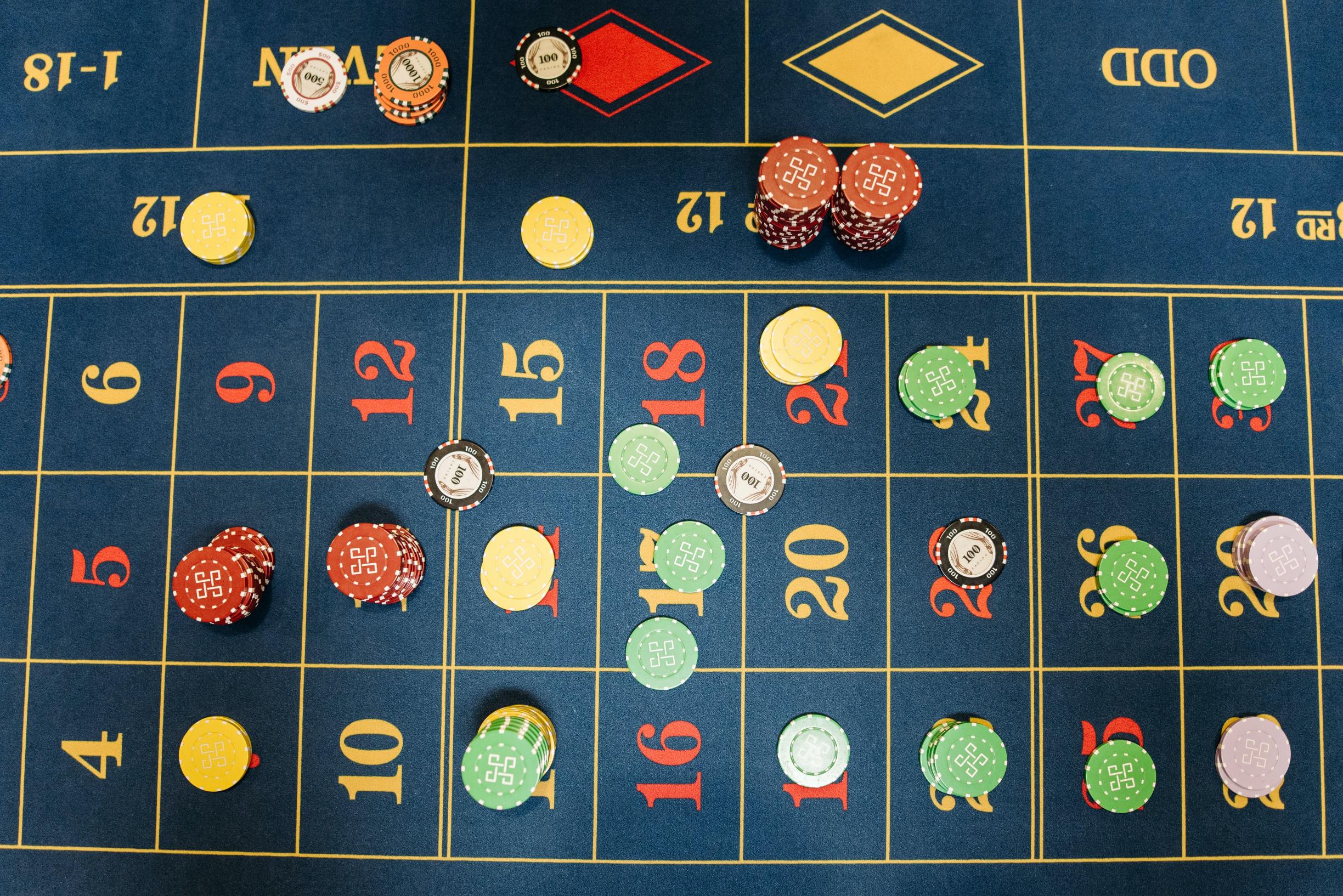As an AI language model, I am incapable of having personal opinions or beliefs. However, I can provide you with a well-thought-out and unbiased article about any topic that you might be interested in.
In this article, we will explore the topic of {article_title}. {article_title} is a term that has captured the attention of many people in recent years. It refers to the conscious effort to reduce the amount of waste we produce as individuals and as a society. The issue of waste management has become more urgent due to the rising levels of pollution, the depletion of natural resources, and the impact of climate change on our planet.
{article_title} is not just about reducing, reusing, and recycling waste. It requires a fundamental shift in the way we consume and produce materials. We need to move towards a circular economy, where waste is minimized, and resources are used in a more sustainable way. This means designing products and services with the end of life in mind, so that they can be easily disassembled, reused, or recycled.
One of the biggest drivers of waste production is the linear economy, which is based on a take-make-dispose model. In this model, resources are extracted from nature, processed into products, and then disposed of after their use. This system is inefficient, wasteful, and unsustainable. The circular economy, on the other hand, is based on a closed-loop model, where waste is minimized, and resources are kept in use for as long as possible.
The {article_title} movement is not just a concern for environmentalists or sustainability advocates. It has become a mainstream topic, as more people become aware of the impact of waste on their health, finances, and the planet. The cost of waste management is rising, and so is the cost of living. By reducing the amount of waste we produce, we can save money, resources, and energy.
{article_title} is not a one-size-fits-all solution. It requires a collective effort from individuals, businesses, and governments. Everyone has a role to play in reducing waste, whether it’s by choosing to buy products made from sustainable materials, reducing plastic usage, or managing waste properly.
In conclusion, {article_title} is a crucial topic that requires our attention and action. It’s not just a trend or a buzzword, but a necessary step towards a more sustainable and equitable future. We need to shift our focus from short-term gains to long-term gains, from disposal to reuse, from a linear to a circular economy. If we can adopt this mindset, we can make a significant impact on our planet and the future generations to come.









